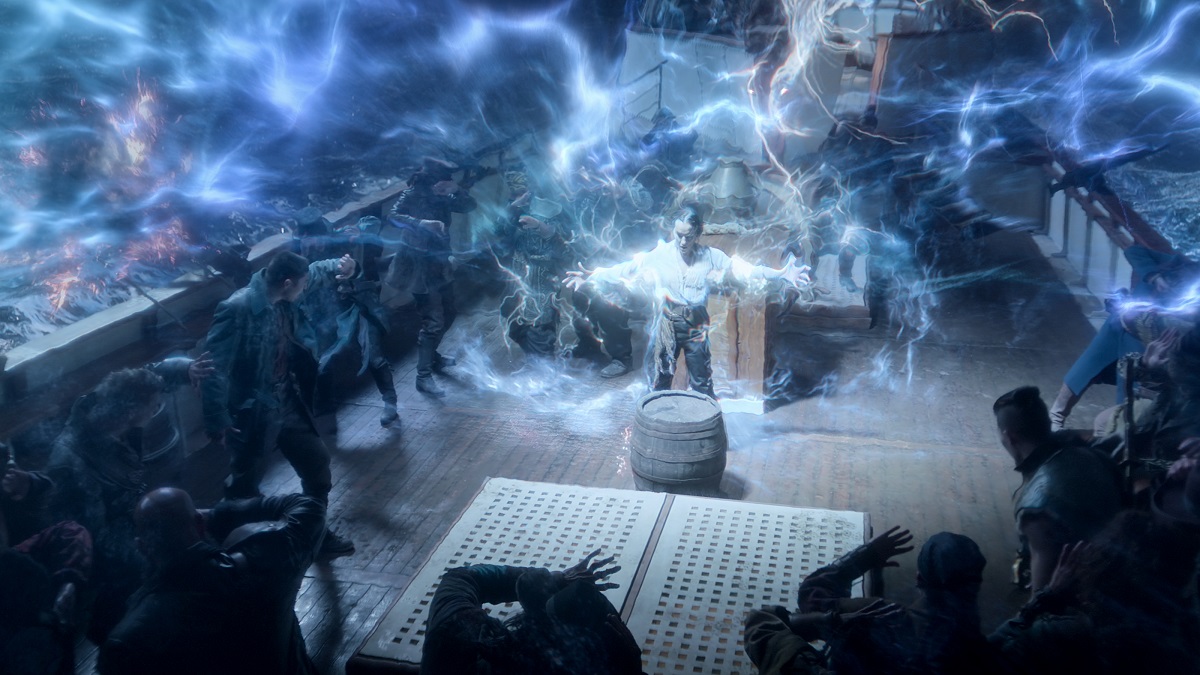For quite some time, Netflix has generated buzz among its subscribers (and not a good buzz) after the streaming platform announced the cancellation of various popular fantasy series. With an exceptionally lauded series biting the dust and Black Knight‘s biggest advantage probably multitasking as its only savior protecting it from following suit, it is impossible to quit fearing for the latter and every other ongoing fantasy success still in its library.
As previously reported, this instance began as early as 2020. Although, at the time, it was reported that the reason behind the cancellations of many shows stemmed from their viewership amount, it has since been debunked after the announcement of 26 fantasy-related television show cancellations within the past three years. The latest series that Netflix has axed includes Lockwood & Co. This cancellation became a trending topic because Lockwood & Co was well-received by viewers and critics and did fairly well in terms of viewership.
According to Forbes, the reason behind the cancellations of many Netflix series has to do with the platform’s completion rate and the show’s budget. The publication states a completion rate is the percentage of the audience that “actually finishes the show.” It is also revealed that for a show to get renewed, it would have to generate about 50% of a completion rate, which seems favorable to shorter-length series.
Despite the reports, there are exceptions to the requirements. A series with a high budget could face cancelation if its completion rate is lower than 50% rather than one with a lower budget and completion rate.
But whatever the reasons might be, the fact remains that there are still plenty of fantasy-related shows still on Netflix that could be in jeopardy if they don’t meet the requirements or are deemed un-Netflix-worthy. The names include Alchemy of Souls, Black Knight, The Letter for the King, The Sandman, Shadow and Bone, Disenchantment, The Witcher, and Wednesday.
No additional details regarding Netflix’s cancelations and the platform’s requirements have been released to the public.

